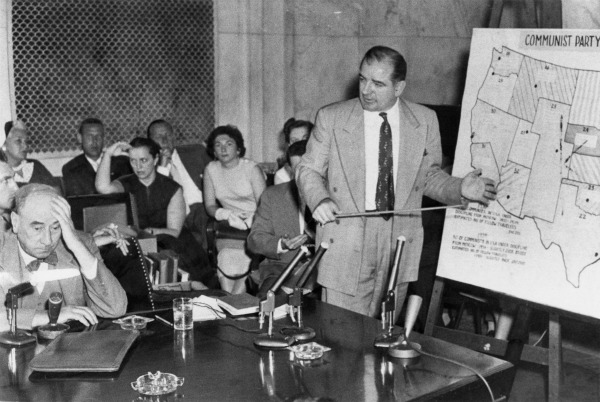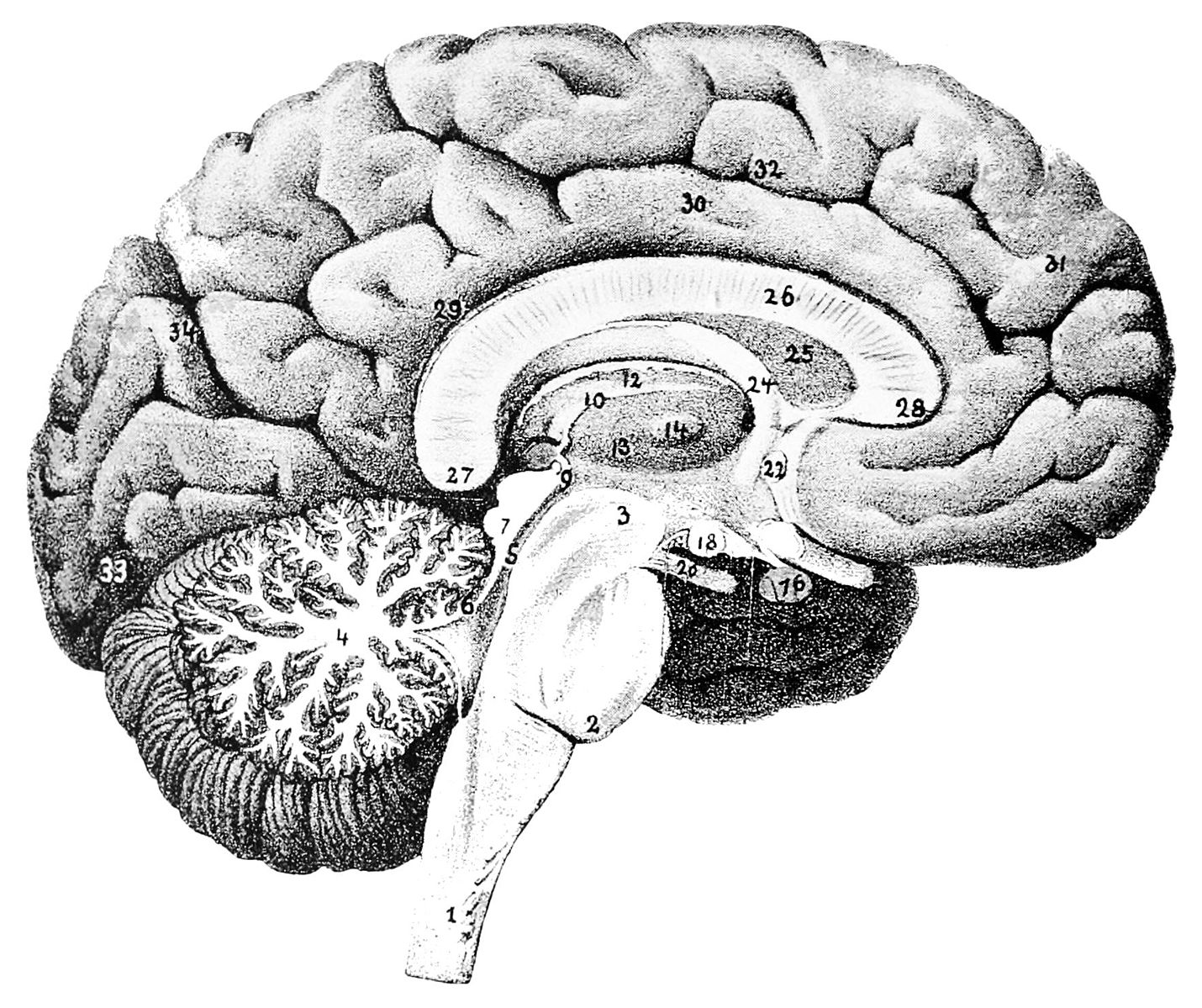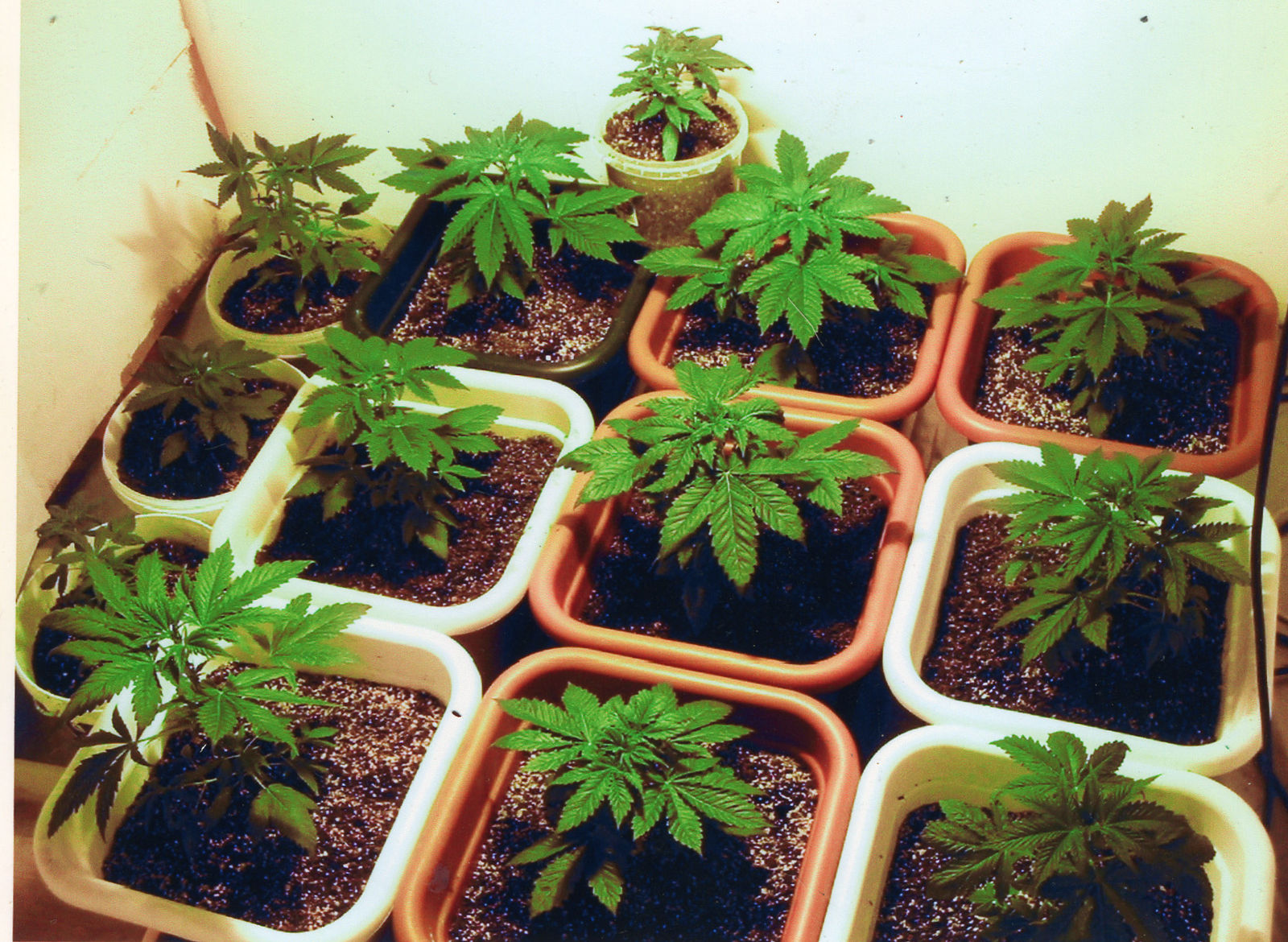We Spoke with the People Trying to Stop Marijuana Reform

By:
There's a lot of support for legalizing marijuana in the U.S. Recent polls show that nearly half of the public supports legalizing recreational marijuana, and 81 percent support legalizing medical marijuana nationwide.
That said, not everyone's down with weed, and there are well-funded groups trying to stop legalization from happening.
 Wikimedia/Chris Yarzab - wikimedia.org
Wikimedia/Chris Yarzab - wikimedia.org
Who is saying no to legalization?
A recent report from The Intercept looked at some of the major players trying to stop California's marijuana initiative from going through. The report claims organizations that represent law enforcement and prison guards are part of a committee called the Coalition for Responsible Drug Policies, which is lobbying against California's marijuana legalization initiative. Organized by John Lovell, a Sacramento lobbyist for police chiefs and prison guards, the group has raised $60,000 in the first three months of the year.
Many cannabis reform advocates argue that prisons will have less people coming in if marijuana is legal, and that law enforcement is poised to lose federal funds dedicated to pursuing drug crimes if marijuana is legalized.
John Lovell told ATTN: that the people saying this don't know what they're talking about, essentially.
"Lee Fang [at The Intercept] is to journalism what Joe McCarthy is to politics," Lovell said of the author of The Intercept article. "He just makes this shit up." (Joe McCarthy is the famous American senator who tried to expose people he believed were communists in the U.S. government during the 1950s.)
 Wikimedia/United States Senate - wikimedia.org
Wikimedia/United States Senate - wikimedia.org
Jeffrey Zinsmeister, the executive vice president of Smart Approaches to Marijuana (SAM), which has spoken out against marijuana initiatives nationwide, rejected the idea that law enforcement and prison guards are fighting marijuana for financial reasons.
“I think with police chiefs, in particular, it's pretty obvious why they might be concerned about a program that would increase drug use," he said. "They see it up close and personal.”
Marijuana opponents worry about the societal impact of legalization.
Lovell is also concerned about how weed could harm individuals. “Look at things that have been happening in Colorado, where emergency room admissions have gone up, where auto crashes on the road have gone up," he said.
The connection between legalizing marijuana and car crash data has been hotly debated, and some experts even argue that legalizing makes roads safer when cannabis replaces alcohol as the drug of choice. The National Highway Traffic Safety Administration (NHTSA) has reported that driving while high is significantly safer than driving drunk. The connection between emergency room visits and marijuana legalization has also been debated, and some state officials argue that marijuana tourists are just going overboard during their visits to Colorado, thus hiking up certain statistics.
They think marijuana isn't brain-friendly.
Studies have shown marijuana can be good for treating anxiety, depression, PTSD, nausea, pain and more. However, not everyone thinks the plant is all that beneficial.
“How is the arc of social progress advanced by bringing yet another mind-altering substance into the array of legal mind-altering substances?" Lovell said. "And how is public health advanced by bringing a product that we know if it is used by someone under 25, three times a week, will yield an 8-point permanent IQ loss?"
Ken Corney, the president of the California Police Chiefs Association, also brought up the claim about IQ loss in a conversation with ATTN:. He compared smoking marijuana to being exposed to lead paint, arguing that lead paint only reduces IQ by 6 to 7 points. “I think in the high content THC forms we're seeing come out of Colorado and that will be part of California's recreational marijuana use, I think that is an inherently dangerous drug,” Corney said.
 Wikimedia/Unknown - wikimedia.org
Wikimedia/Unknown - wikimedia.org
The evidence on IQ loss due to marijuana isn't conclusive enough to say that smoking it will cause cognitive defects. A study released by the University of Southern California and Loyola Marymount University earlier this year found no IQ loss in people who use cannabis. A 2012 Duke University study claimed marijuana does in fact lower IQ, but that study has been refuted by many experts, who say it shows correlation, as opposed to causation, and only used 38 people.
Colorado has made various efforts to educate the public on the unexpected potency of some high THC content products. Educational information has been posted online, and the state has gone through a few rounds of changing labeling rules for things like marijuana edibles so that it is clear how much THC is in a product and how much is considered one serving.
And they're concerned about the potential mental health consequences.
Corney believes if California legalizes marijuana, the state will see more young people using it, more mental health problems and more hospitalizations.
“There's mounting evidence that [marijuana use is] strongly associated with mental health disorders, including psychosis and schizophrenia in some users," Zinsmeister, of SAM, said. "The few long term longitudinal studies that are coming out are not positive."
A study released last year by the University of Pittsburgh Medical Center and Rutgers University found marijuana use does not increase the risk of having a mental health disorder like psychosis. Other studies have shown there may be an association between marijuana use and an increased risk of these mental issues, especially if individuals already have a predisposition to certain disorders.
Physicians like Dr. Sue Sisley have argued it may actually be good for treating disorders like PTSD. Sisley is leading research on how PTSD and marijuana interact, but no study has been published yet.
“It's hard to convince people who are frequently using marijuana that it's not good for them, but the evidence is very clear that it's not good for you," Zinsmeister said. "It is addictive, especially if you start younger … it's about the same as alcohol.”
 Wikimedia/A7nubis - wikimedia.org
Wikimedia/A7nubis - wikimedia.org
It's been argued that marijuana is not physically addictive, that it doesn't cause severe withdrawals like heroin might, and research from the National Institute on Drug Abuse found that it's 15 percent as addictive as alcohol.
And it's true that a lot can depend on the person. A new study from Yale also found that marijuana addiction can depend on your genes. After surveying 14,000 people, researchers found that certain genetic variants make getting hooked easier for some individuals.
"An increasing number of American adults do not perceive marijuana use as harmful," said Dr. Deborah Hasin, the lead author of a study that reviewed marijuana dependence. "While some can use marijuana without harms, other users do experience negative consequences, which can include mental and physical problems, and impaired functioning.”
In the end, preventing another Big Tobacco is a top priority.
Lovell claims the organizations fighting marijuana legalization in California are actually largely against the idea of a monopolistic marijuana industry that could dominate the state.
He cited a University of California, San Francisco analysis of California's marijuana initiative that claimed it could help create something resembling Big Tobacco for cannabis, and it also claims this large entity could use its power to thwart legislation aimed at curbing any public health risks the marijuana industry might create.
Zinsmeister agrees.
“If you're really interested in personal freedoms or racial justice or criminal justice issues, those are not the interests that are funding these initiatives, and the initiatives reflect that. These initiatives are written in a way that will create a second tobacco industry," Zinsmeister said.
